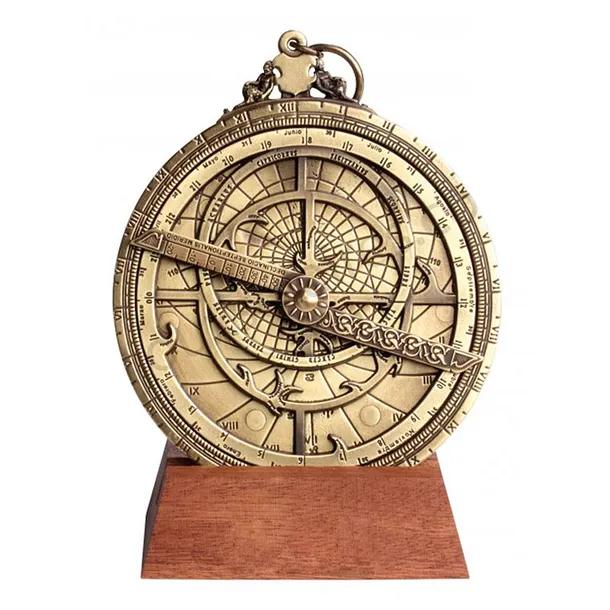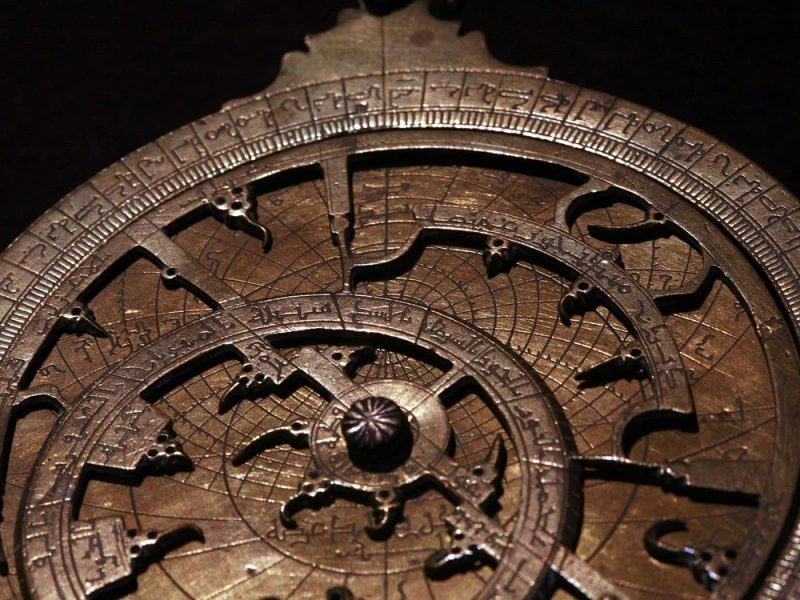Astronomy
The "astrolabe," a device created by the Greeks to ascertain the location of the Sun and the stars in the sky. It is one of the greatest inventions and discoveries of ancient Greece. Its usage by astronomers in 200 BC marks the first known use of an astrophysical object.
Early astronomers Ptolemy, Thales, Aristarchus, and Hipparchus made significant contributions. The Flat Earth idea was originally rejected and the spherical Earth hypothesis was first put forth by Pythagoras. He argued that it was supported by mystics rather than science, nevertheless. They also came to the ground-breaking conclusion that the sun's light, which shined on the moon, was reflected there. Additionally, they discovered a justification for the eclipse. The size of the globe, according to Aristotle, is 400,000 stadia (the equivalent of stadia is not available). But most people agree that it was around 64,000 kilometers. Such forethought is admirable, especially given that the computation was made when there were very few technical assistance available. Similar to this, Alexandria, Syene, and Eratosthenes together provided another computation that appeared to roughly match the calculation for the present.
We may claim that the Greeks elevated observational astronomy to a completely new plane, giving later astronomers a leg up.











